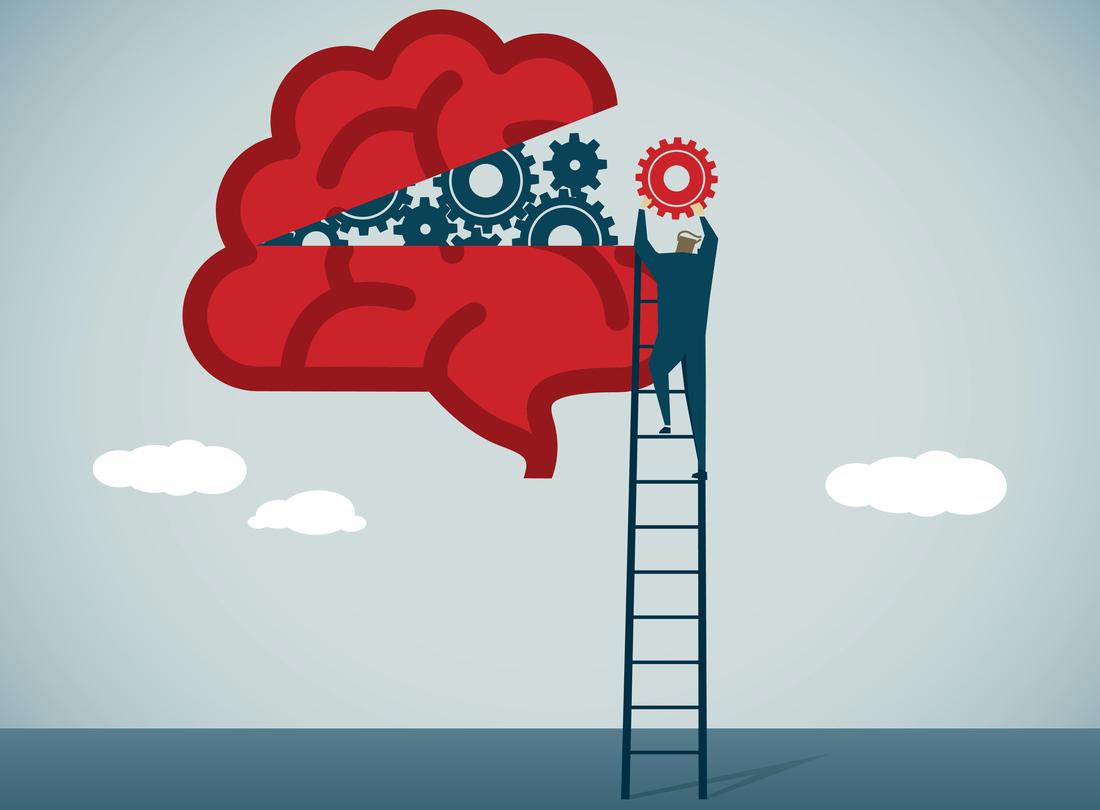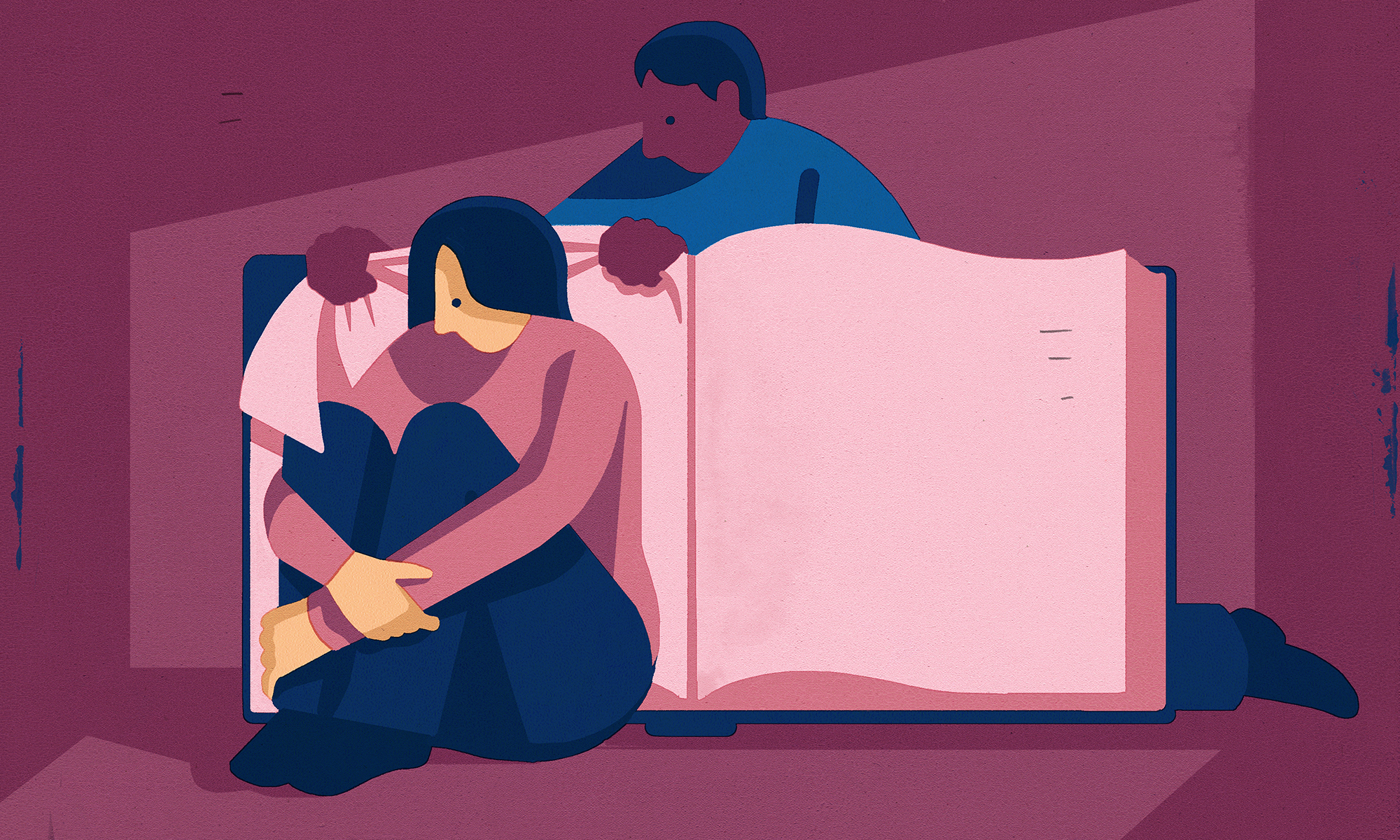Reading is an essential part of everyone’s growing. It is most effective way to acquire new knowledge. It helps expand your knowledge and insight into various subjects, culture and perspective. Before we talk about the importance of reading a book, let us first have a glimpse of history of books and reading –
History of Books
Books have been part of human history since long. It is a part of our identity and our existence. Long before books came into existence storytelling was one of the most important part of entertainment. It was also a way to impart moral or just give life’s teachings. People wanted to document it and they did through pictures and symbols, painted on rocks, cave wall, or on clay tables. The first documentation was done by Egyptians who by weaving the steams of papyrus plants and pounding them flat created ‘Papyrus’. For hundreds of years ‘Papyrus’ was adopted as a way of documentation. There was also calf skin and deer skin parchment used for documentation and depicting stories using colorful pictures. The Greeks invented teh wax tablets for messages that were reusable. But nothing permanent like the paper books.
Approximately 2000 years ago, in China a man named Ts’ai Lun invented paper by mixing mulberry bark, hemp and rags with water to roll it out in thin mat dried by sun. After the initial invention it took nearly 500 years for paper making to enter Europe. The first paper mill was set up in Spain and with the industrial revolution in full swing many more mills popped up through out Europe. With that came the introduction of books. But these books were produced like rolls which are known as a codex. Later, by the medieval period when these paper mill factories came into play, the books were no more produced like rolls but were produced like a collection of sheets. In this way, books of today’s world emerged. To know more about it, click here. Better insight can be taken through this video given below.
History of Reading
Now let us know a small brief history of how reading came into play. It is believed that in the 4th Millennium BCE, people started to draw visual representations to communicate. Readers started using these representation or symbol to construct a plausible interpretation of the writer’s message. Later it developed into comprehending continuous reading of symbols and texts. From Mesopotamia to Irania Plateau to Indus valley, writing was recognized as invaluable tool for documentation. Unfortunately in early days there were very few Scribes (Tablet readers.). Earlier when reading was discovered, it was read loudly as there were many illiterates. With gradual developments, people started to include punctuation marks while reading. As times passed by, people shifted from reading loudly in their villages and Olympics to reading silently in every place of the world. Reading challenges, bewitches and empowers a person with knowledge and opens up their mind to unimaginable opportunities.
To have a better insight into the history of reading, click on this video.
Now that we know a brief history of reading and books, let us jump directly to the importance of books. The further article will talk about all the benefits that you obtain by reading books regularly. Let us start. Continue reading till the end to know a bonus point!
Important Benefits of Reading Books
Reading Books Improves Brain Strength
Reading stimulates cognitive processes such as comprehension, analysis, and critical thinking, which helps exercise the brain and keeps it active and engaged.

As we know, our brain is a collection of many circuits that receives signals through neurons. Every neuron connected by tip form a circuit among itself and passes signals to our brain. Research conducted by 7 people from California proved that reading books is directly related to the strength of neurons and their networks. It said that if a person is more into reading, stronger networks and circuits are formed in their brain. It also stated that with continuous reading, the parietal lobe of a person functions better as its connectivity increases at a great percentage. Research also proves that high level of cognitive activity like reading significantly reduces the risk of developing Dementia. So encourage your kids to read as well as elders in your household. To read more about it, click here.
Read Books For Improved Analytical Power
Reading books helps to connect the analytical side of the brain. Any genre book helps activate the analytical side of your brain. Also, the brain analyses the content you are reading and also looks for future predictions.

For example – if person A is reading a suspense thriller novel. His mind does process what he is reading but analyses the future prediction. What would happen next? What evidence he might collect? Drawing conclusions from the previous events read. Such things happen while reading. It improves a person’s analytical power and it helps further in life.
Reading Books help in Enhanced Focus
In today’s day and age with ample of distraction around us especially technological distraction, it is becoming increasing difficult to focus on one thing. Every 10 minutes we need to check our WhatsApp or Insta page, thus loosing the thread of our work. But books can help regain your concentration back to its place. Since reading requires more than usual concentration, it helps in restoring your focus on things. One study showed that there is a strong correlation between reading skills and that individual’s ability to stick their attention.

Another point worth mentioning is – reading with focus makes your brain behave differently. A study conducted by researchers at Stanford University where they undertook MRI scans of the brains of people who were reading books. All subjects were Ph.D. students. They were asked to read the same book in two different manners. First was the pleasure reading while the latter was the close reading. Close reading means reading for an exam.
They took the MRI scans during the two types of reading. The neuroscientists found out that the brain responds and functions differently for varied types of reading. While the participants were pleasure reading, the blood flow in the brain increased in different areas of the brain. In the close reading, the blood flow indicated that it was more than just learning and playing. To learn more, see here.
Knowledge acquisition
The more that you read, the more things you will know. The more that you learn, the more places you will go.

Reading books Enriches your Vocabulary
Regular reading greatly improves your language skills, including vocabulary, grammar, and writing. As with every book you read you will come across atleast 5 new words thus enriching your vocabulary. It will also enhance your ability to communicate effectively, both in written and spoken form.

To explain the effect of reading on vocabulary growth, researchers conducted a study in which Matthew’s effect was also involved. Before knowing the effect, let us first understand what Matthew’s effect is. In the educational sense, it is based on the principle of “rich gets richer and poor gets poorer.” It simply means that the person who reads more gains knowledge in abundance whereas the person who reads less gets no knowledge. Researchers conducted a word reading test on students from different grades. The multilevel modeling study proved the Matthew effect right. The students with above-average reading habits had a better vocabulary than the students having below-average reading habits. To know more about it, click here.
Empathy and Understanding
Reading literature and stories allows you to step into the shoes of different characters and understand their experiences, fostering empathy and a broader perspective on the world. When you read books, articles, or stories, you are exposed to the thoughts, experiences, and perspectives of characters or authors from diverse backgrounds. This exposure helps you gain insight into the lives and viewpoints of people you may not encounter in your everyday life. By empathizing with these characters or authors, you can develop a deeper understanding of their emotions, struggles, and motivations.

Oatley and his other fellow mates surveyed to study the strong relationship between reading fiction and increasing power to empathize. Three types of tests were undertaken in this study. In the first test, the participants were suppose to choose the name of fiction author. The more authors they selected, the more the need to read these books. The second test involved different dimensions of empathizing, known as the Interpersonal Relative Index. The third test was to understand the thoughts and emotions of other people by just looking into their eyes. The results of all three tests boiled down to – people who read more, were able to empathize more than individuals with less or no reading habits. To know more about it, click here.
It’s important to note that not all reading materials have the same impact on empathy and understanding. Some works may be more effective in this regard than others. However, in general, reading widely and engaging with a variety of literary genres and perspectives can contribute to a richer and more empathetic worldview.
Reading Books leads to Better Communication Skills
This is another not so the well-known benefit of reading books. Most people think that book readers are mostly introverts.
Regular reading can improve your vocabulary and communication skills. As your ability to express thoughts and emotions grows, you become better at conveying your own feelings and understanding the feelings of others. Better communications definitely gives the required booster for your career growth. Better communication also increases the mutual understanding between people and meeting of minds.
The Morning Consult for Cengage conducted a research study in which they surveyed more than 650 employers and 1500 college students some still studying some graduated. The survey analysis revealed that soft skills which includes communication are the most demanded skills among all the skills by employers. To know more about it, check here.


Delays Dementia and help fight Alzheimer
Reading helps develop cognitive skills that keeps your brains active. A research study revealed that people who read books or solve arithmetic problems are less likely to develop cognitive problems than people who do not engage in any mental stimulating activities.
People who engage in reading or do engaging brain activities are 2.5 times more likely to have delayed cognitive problems as compared to people who do not engage their brains into challenging activities. Giving sufficient exercise to the brain prevents it from going inactive which in turn prevents Alzheimer’s disease. To learn more , check here.
Reading – a Stressbuster
Reserachers have recognized reading books as a stress buster. There are scientific research that proves that reading brings down the stress levels of an individual. Engrossing yourself completely in a good book will help you rise above your stress.

A study conducted in 2009 compared the reduction of stress levels when the subject were involved in yoga, humor, or reading a book, especially for students. The survey gave out the results that reading a book for 30 minutes is equally effective as doing yoga or listening to humor. It lowered blood pressure, heart rate, and psychologically distressing feelings. To look more into it, click here.
Another research conducted by Sussex University revealed that a six-minute reading session can reduce stress levels by as much as sixty-eight percent. It was also found that it relieves muscle tension. Hence, pick up a book of your choice and read away.
Read to fight Insomnia
Reading a book at night sends signals to your brain that it is time to wrap up the day and rest. It helps you to get a good nigh sleep. See here to know more about it. Read an actual printed book than a softcopy or screen-based book. Screen light makes your body stay awake for a longer time and drains your energy more than other activities. It may also cause other problems like eyesight issues and headaches. Thus, a real book is recommended before sleeping to get that much needed beauty sleep.

Reading Books Reduces your Chances of Depression
Thomas Warton said, ” An hour spent reading is one stolen from paradise.” Depression is not an ordinary problem. It is a serious problem that needs addressing. Even though it is a common mental disorder yet it is dangerous enough to take away one’s life. According to studies, it is estimated that globally 3.8% percent suffer from depression – 5.0% of adults and 5.7% of adults above 60 years of age are suffering from depression. Even when there are effective treatments for depression, an estimated 68 -75% of people residing in low and middle-income countries take no treatment as unfortunately it is still a taboo subject in these countries.
Reading books can alleviate depression to a certain extent. Depressed people can find their listeners and motivators in books. Fictitious books can give a much needed escape bringing with it a sense of relief. Whereas reading self-help books or motivational books helps people to relieve their stress and motivate them to rise above the depression.
Books allow you to continue learning and growing throughout your life, providing access to a wealth of information and perspectives. Remember that the benefits of reading can vary depending on the content you choose and how you engage with it. Whether you prefer fiction or non-fiction, novels or academic texts, regular reading can have a positive impact on your life in many ways.
FAQS
Question 1: How to start reading?
The first step to start reading is to make a reading routine. If you do not take much interest in reading books, then start by reading 15 minutes per day which is the recommended must-read time. Once you manage well with 15 minutes and build interest in it, you can increase the time by your choice. T
Question 2: What to read as a beginner?
There is no such restriction to read a particular type of genre as a beginner. Whichever genre builds your interest better, pick it up! Usually to develop interest in reading choose suspense or mystery novels as that will keep you glued to the story which will motivate you to continue reading.
Question 3: Which book is more recommended, Hardcopy or Softcopy?
We recommend reading the hard copy. This is because apart from building up your interest, it also helps you comprehend better. The flipping of pages helps your brain create a deeper understanding of the context of the book, whereas softcopy can be easy to carry, but staring at the screen for so long might cause strain and irritation to the eyes and can lead to headache.
Question 4: What are some books to read as a beginner?
Here is a list of books you can start reading with:
- The Hound of Baskerville by Sir Arthur Canon Doyle
- The Silent Patient by Alex Michaelides
- Silence in the Library by Katharine Schellman
- The Girl Who Knew Too Much by Vikrant Khanna
- The Alchemist by Paulo Coelho
Bonus Point
Since you made it to the end of the blog, we have an interesting fact about reading books for you! It is a bonus point for you readers! Reading is Contagious! A report from Scholastic found out that reading out loud to your children in their elementary level of schooling might boost their interest in reading and inspire them to read more! Here is a list of some of the best children books written-

